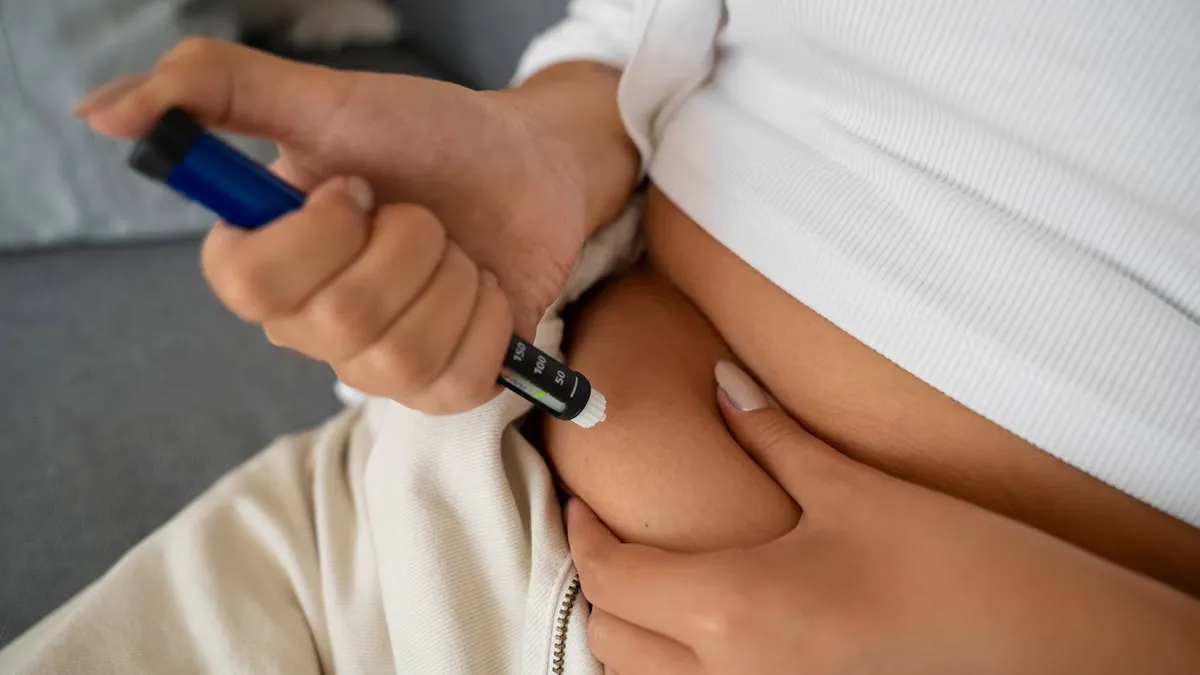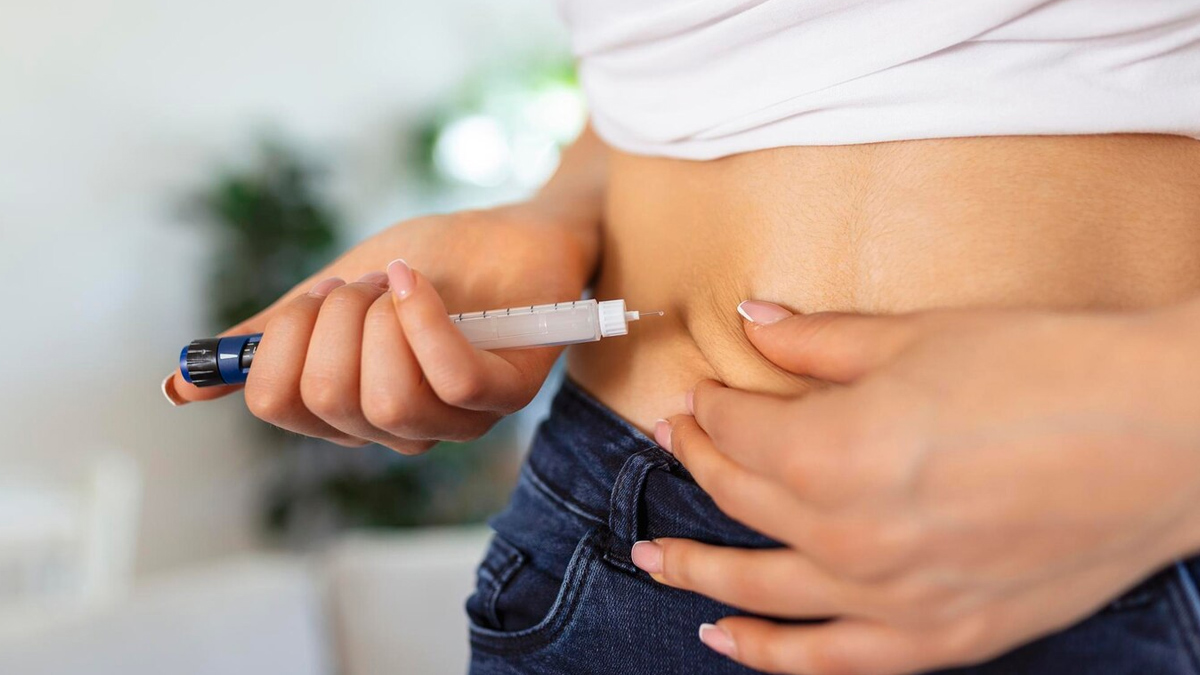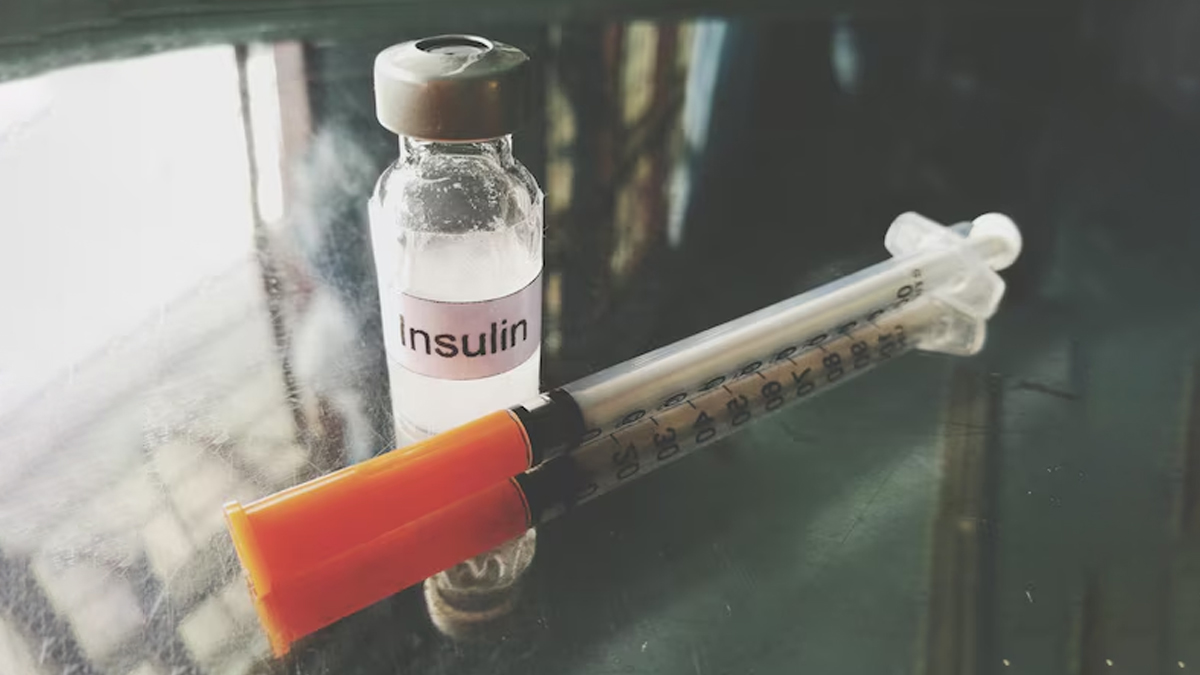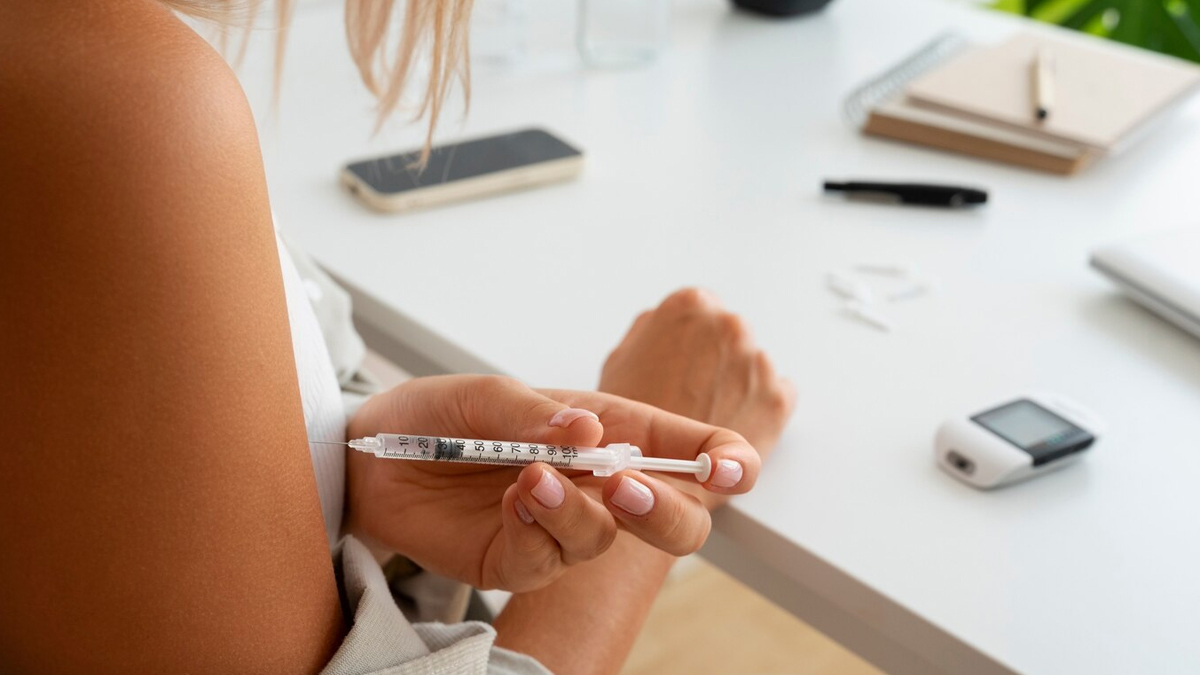
Early this year, when a West Virginia pharmacist, Natalie Cochran, was convicted of poisoning her husband to death with insulin, the news spread like wildfire, and people were left in shock. 38-year-old Michael Cochran died in February 2019. His wife Natalie was found guilty of first-degree murder. The murder weapon – a life-saving drug, insulin.
Table of Content:-
While such cases are rare, they highlight the potential misuse of insulin. Between 2020 and 2023, a nurse in Pennsylvania confessed to killing at least 17 patients by administering excessive insulin doses, some to individuals without diabetes.
These incidents, whether intentional or accidental, underscore the importance of understanding insulin overdose and poisoning. Recognising the signs and knowing how to respond swiftly can be crucial in preventing and managing such emergencies.
Also Read: Are You Sensitive To Sugar? Signs To Watch Out For
What Is Insulin?

Insulin is a hormone that helps our bodies use and store energy. It is produced by the pancreas to help move sugar, also called glucose, from the bloodstream into the cells, where it’s used for fuel. Without enough insulin, or if the body can’t use it properly, as in diabetes, blood sugar levels can rise to dangerous levels.
For people with diabetes, insulin is often taken as a medication to help manage their condition and keep their blood sugar in check.
What Causes Insulin Overdose?

Dr Mahesh D M, Consultant Endocrinologist, Aster CMI Hospital, Bengaluru, describes insulin overdose as a condition resulting from excessive insulin levels in the bloodstream, manifested through a variety of symptoms that can range from mild to severe. He explains that it can occur due to several factors, primarily involving the miscalculation of dosage or the improper administration of insulin.
A 2022 review of 109 cases involving insulin or Oral Hypoglycemic Agent (OHA) overdose revealed that 65% were suicides, 23% were accidental poisonings, and 12% were homicides. Insulin was the primary drug involved in 95.4% of these cases. Autopsies were conducted in 84 cases, and toxicological analyses were performed in 79. The most common autopsy findings included pulmonary oedema (55.7%) and congestion (41.8%), while the most prevalent histological finding was neuronal depletion or necrosis (29.1%).
According to Dr Mahesh, individuals with diabetes often rely on insulin to manage their blood sugar levels, but a variety of circumstances can lead to an excessive intake. For instance, a person may mistakenly administer a higher dose than prescribed, either due to a misunderstanding of their treatment plan or a misreading of their insulin syringe.
“Changes in routine, such as increased physical activity or missed meals, can alter the body’s insulin needs, making it easy to misjudge the appropriate dosage. Certain medications or alcohol consumption can also enhance insulin's effects, further complicating blood sugar management,” the doctor adds.
Symptoms Of Insulin Overdose And Poisoning
Common indicators of an insulin overdose include hypoglycaemia, which may present as:
- Dizziness
- Confusion
- Sweating
- Tremors
- Palpitations
In more serious cases, patients may experience seizures, loss of consciousness, or even coma, necessitating immediate medical intervention.
The populations most vulnerable to insulin overdose typically include individuals with diabetes who may inadvertently administer too much insulin, as well as those who misuse insulin for weight loss or other non-medical purposes.
What Happens When Insulin Is Given To Non-Diabetics

“When insulin is administered to a non-diabetic individual, it can lead to a significant drop in blood glucose levels, a condition known as hypoglycaemia,” says Dr Mahesh, adding that in a healthy person, the body regulates blood sugar levels through a complex interplay of hormones, including insulin and glucagon.
“Insulin facilitates the uptake of glucose by cells, particularly in muscle and fat tissues, and inhibits glucose production in the liver. However, in the absence of diabetes, the body typically maintains a balanced glucose level without the need for external insulin,” the doctor explains further.
Therefore, introducing insulin can disrupt this balance, causing symptoms such as dizziness, sweating, confusion, and, in severe cases, loss of consciousness or seizures. The body may respond to this sudden influx of insulin by releasing counter-regulatory hormones, such as glucagon and epinephrine, in an attempt to restore normal glucose levels.
Immediate First-Aid Steps
In the event of insulin overdose, it is crucial to act fast.
“First, if they’re awake and can swallow, give them quick sugars like fruit juice, glucose tablets, and candy. Stay with them and keep them calm. If they don’t improve within 10–15 minutes, or if they’re confused or getting worse, call emergency services immediately. If they’re unconscious or having a seizure, don’t try to give them anything by mouth; call for help right away and, if available, use a glucagon injection. Quick, calm action can save their life and prevent serious damage,” advises Dr Mahesh.
Conclusion
Insulin is a life-saving medication for millions of people with diabetes, but when misused, it can have fatal consequences. Whether due to medical error, changes in routine, or malicious intent, recognising the symptoms and responding swiftly can be the difference between life and death. As Dr Mahesh emphasises, knowing how to manage such situations – through early recognition, quick first-aid measures, and timely medical intervention – is vital. Understanding why it happens and how to act fast can make a difference.
Also watch this video
How we keep this article up to date:
We work with experts and keep a close eye on the latest in health and wellness. Whenever there is a new research or helpful information, we update our articles with accurate and useful advice.
Current Version